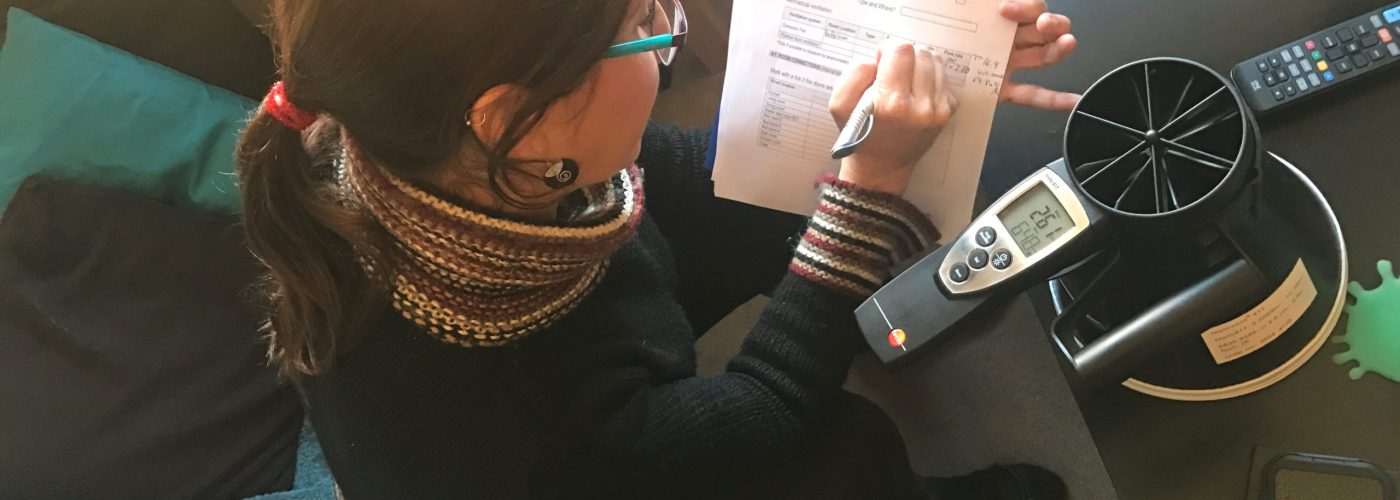A collaboration between a national trade body and academia has developed a working formula which could transform the way damp is managed in homes.
The Property Care Association (PCA) and the University College London Institute for Environmental Design and Engineering (UCL IEDE) are carrying out a Knowledge Transfer Partnership (KTP) to look into the issue of moisture in buildings.
Following a two-year research project the partners have made a break-through which is now ready to enter market development, to create a tangible diagnostic tool to tackle excess moisture levels.
Steve Hodgson, Chief Executive of the PCA, said: “This is an exciting stage in the project, which could eventually have a significant impact on the quality of air indoors for hundreds of thousands of people across the UK and internationally.
“We have discovered that we can analyse conditions within a building in order to understand precisely why it is out of balance in terms of its moisture levels, and then prescribe the correct solutions to address the issue.
“Of significance is the fact that we also have the potential to predict conditions, so properties can be protected proactively.
“There’s a real demand for this solution and the PCA’s membership has supported its development both financially, and by enabling the research team to tap into its expertise to create this new, revolutionary diagnostic technique.
“We are now looking for partners and investors to bring these innovative discoveries to the next stage.
“Left unchecked, resulting problems from excess moisture can include poor air quality, condensation, dampness and mould.
“These are issues which can affect people’s quality of life and it is important to establish why the situation is becoming more and more common.”
In recent years, the PCA has reported a surge in the levels of excess atmospheric moisture in properties across the UK, with the trade body reporting that many of its 400 members are encountering higher levels of humidity in homes than ever before.
The research project was launched to look into this changing environment in UK homes and has involved detailed studies into the condition of almost 60 properties across the UK, covering moisture production and analysis, to ensure accurate calculations.
Dr Paula Lopez-Arce is the KTP Associate for the research project and has more than 18 years’ experience gained in the built environment.
Dr Lopez-Arce, said: “We believe this has been one of the largest, most practical and challenging environmental monitoring projects of its type undertaken in UK homes”.
“Measurement devices including environmental sensors have been placed into different types of dwellings to measure conditions, such as temperature and relative humidity as part of the activity.
“The data we have received has helped us to build a picture of the issues surrounding excess atmospheric moisture across a mixed portfolio including flats, bungalows, terraced and detached houses in different regions, to cover a representative mix of property types.
“From additional data from questionnaires and survey forms, it has also taken into consideration the key factors that can have an impact on a building’s performance, such as occupant lifestyles and some of its features.
“It’s an exciting project and the end solution could have a transformational impact on the condition of homes worldwide, ensuring healthier environments and finding better solutions from the consequences of excessive indoors moisture levels.”
A video produced by the PCA, which is available to view below offers a comprehensive insight into the issue of air quality in homes.





